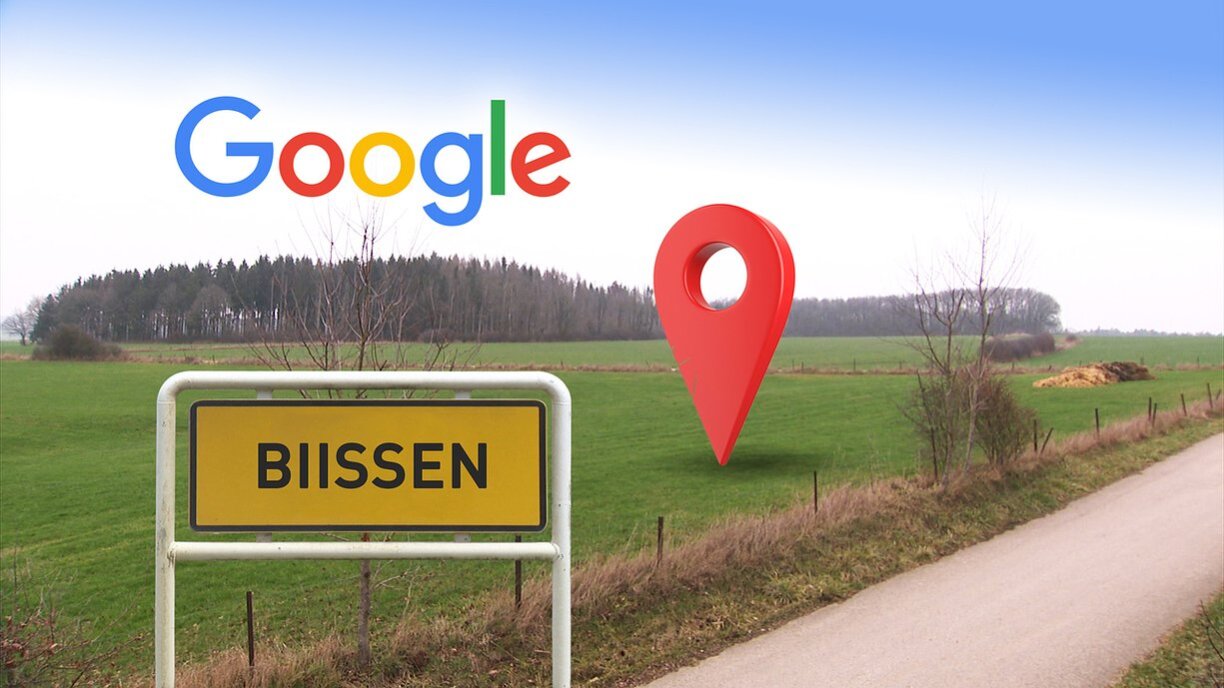
Information about the Google project in Luxembourg, particularly regarding a planned data centre, had been making the rounds since last year.
Although there were rumours that the project was no longer a priority for the American company, Minister of the Economy Lex Delles stated last Saturday that the project is not dead and that technical meetings are underway.
How long have discussions about the Google project in Bissen been ongoing? And why has nothing happened thus far? A short summary:
The exact start of the whole timeline can only be speculated upon. On 6 December 2016, the then Luxembourg Socialist Workers’ Party (LSAP) Minister of the Economy, Etienne Schneider, was in San Francisco and tweeted a photo with Larry Page, the co-founder of Google. In the tweet, Schneider mentioned that they had talked about a larger investment project in Luxembourg.
Exactly 7 months later, it was announced that Google was planning to invest 1 billion euros to construct a state-of-the-art data centre in Luxembourg. For the project, around 30 hectares of land were required.
The first major challenge was finding suitable land. The necessary surface area was quickly identified, with several land parcels having been grouped together in Roost. However, intensive discussions with various landowners ensued. Negotiations went on for months, and Google began to grow impatient. They did not understand why procedures in Luxembourg were taking so long.
Schneider remarked at the time: “I’m sure we will find a solution to this land issue soon. And then, it will be up to Google to decide whether they want to have their new site in Luxembourg or not. [...] But they won’t be waiting on us forever.”
In September 2017, the last co-owner finally gave the green light, and the 33 hectares, roughly equivalent to 47 football fields, were ready. The acquisition of land was a non-negotiable condition for Google.
Without land, Google would not have considered coming to Luxembourg. However, as with any large-scale project, bureaucratic hurdles came into play. The land was situated in the green zone and required reclassification. Additionally, environmental impact studies needed to be conducted.
It took over a year for the municipality to complete the reclassification process. However, political tensions emerged, leading to Jos Schummer’s resignation from the Christian Social People’s Party (CSV) and subsequently as mayor of Bissen. David Viaggi of the “Är Leit” movement assumed office in October 2019.
From 2017 to 2019, there was little progress on-site. Questions arose about the project’s future: what happens if the project never goes forward? Schneider explained in December 2019 that the state could always repurchase the land:
“However, it’s crucial that the price reflects the original purchase cost and isn’t inflated due to speculation. We in the government also agree that if that were not the case and we had to repurchase the land, then, of course, it could be used for commercial or industrial activity.”
In January 2020, the Municipality of Bissen received 170 complaints against the building plan. Nine months later, in October, the plan received the green light. Subsequently, it took almost two years for the project to make any progress. During this time discussions ensued before the courts regarding Google, including the “Memorandum of Understanding.” However, despite all of this, little progress was made on the ground.
Meanwhile, in December 2021, Google was welcomed with open arms in Wallonia, Belgium, where data centres started being built. In contrast, controversial discussions persisted in Luxembourg.
By March 2023, there were no indications of any sort of progress from Google’s side. During an economic trip to California, Prime Minister Xavier Bettel met with representatives from the company. The news was rather bleak. Bettel noted at the time:
“Of course we talked about the data centre in Bissen, I’m not going to hide this. It was quite the subject. But at the moment, because of the geopolitical situation and because of topics surrounding energy, the data centre is not a priority for Google.”
From March 2023 onwards... radio silence. Two economy ministers later, the newly appointed minister in charge, Lex Delles, stated last Saturday that the Google data centre project was not dead. Intensive discussions have resumed at the beginning of the year.